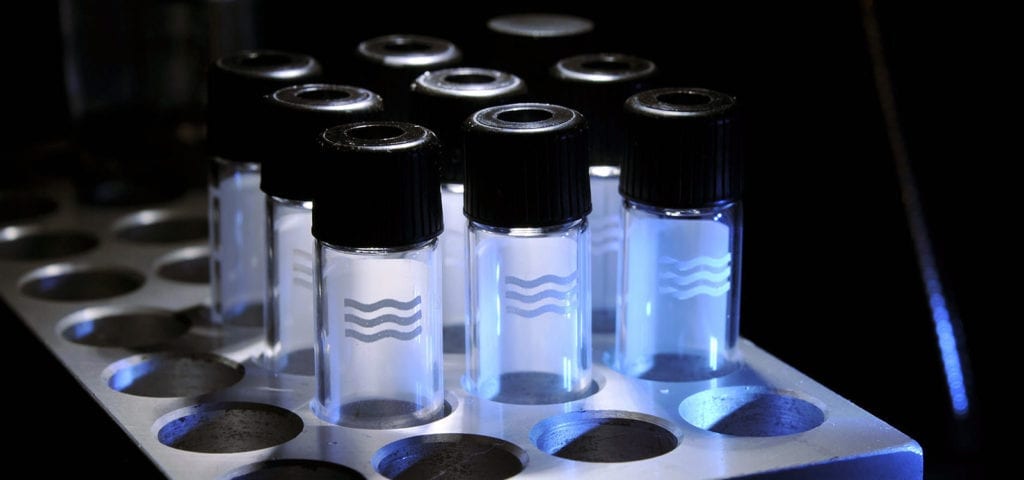Following last week’s mass-casualty event in New Haven, Connecticut, it’s clear that the cannabis community needs to do its part to change the language surrounding K2, also known as Spice. Many journalists continue to refer to Spice as “synthetic marijuana” but, in reality, it’s made of only individual synthetic cannabinoids and is often combined with the opioid fentanyl or chemicals found in rat poison.
Much like how cannabis activists have spent the last decade doubling down on changing the public’s lexicon to phase out the prejudiced term “marijuana” for “cannabis,” we now need to encourage a similar change in how we talk about synthetic cannabinoids like K2.
K2, Spice, Black Mamba, Krypton, Kronic and many other brand names have become common names for synthetic cannabinoids. The chemicals are often sprayed onto smokable blends of herbs and other non-psychoactive plant matter. On the street, they’re also often sprayed with opioids like fentanyl or anti-coagulants found in rat poison, among other unpredictable chemicals. Because they look like the well-known and relatively safe cannabis pre-rolls, people often don’t consider what they may be consuming.
Synthetic cannabinoids are a byproduct of cannabis prohibition. Originally, these chemicals were produced to research the effects of THC because federal law made it too difficult to acquire actual cannabis and cannabinoids. Synthetic cannabinoids tagged with radioactive isotopes were responsible for the first discovery of cannabinoid receptors in the 1990s. They’re used recreationally for the same reason — since the compounds are not listed explicitly in the Controlled Substances Act, they’re much easier to legally acquire and distribute. The problem is that they’re often far more powerful and concentrated than cannabis and can affect the human body in unpredictable ways.
It’s their synthetic, lab-produced and refined nature that make synthetic cannabinoids like AKB-48 (named after a Japanese girl band) or XLR-11 (named after the first American liquid rocket fuel) dangerous. We need to stop referencing marijuana and cannabis when we talk about these chemicals as, in reality, they have little to do with whole cannabis plant compounds and much more to do with other lab-produced synthetic compounds like opioids.
Vocabulary changes like this will do much to keep cannabis users and advocates safe from the negativity following the trail of bodies created by synthetic cannabinoids.
Get daily cannabis business news updates. Subscribe
End
